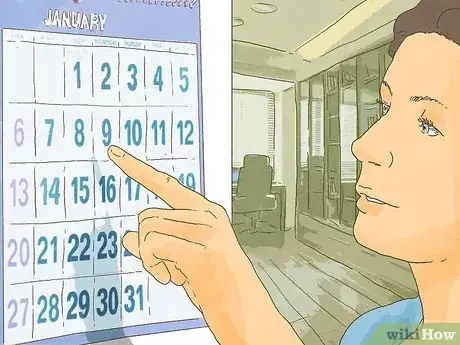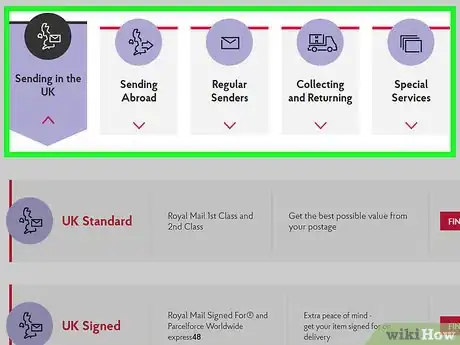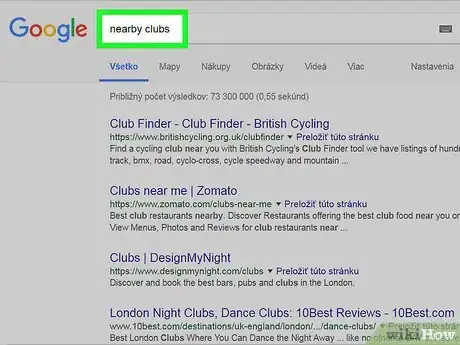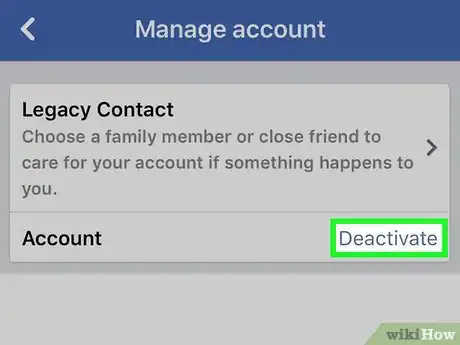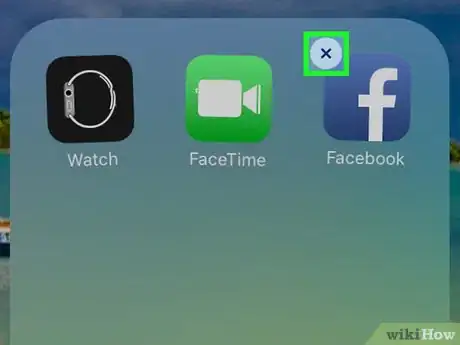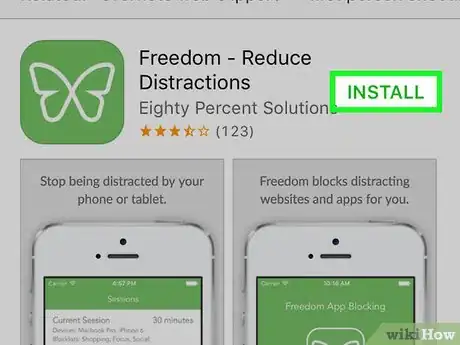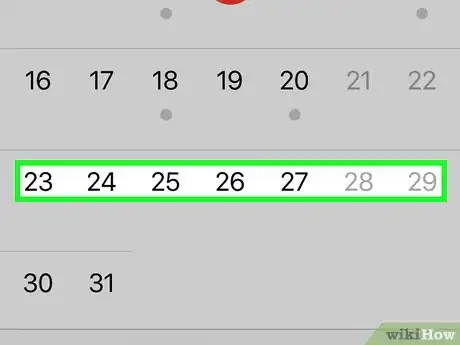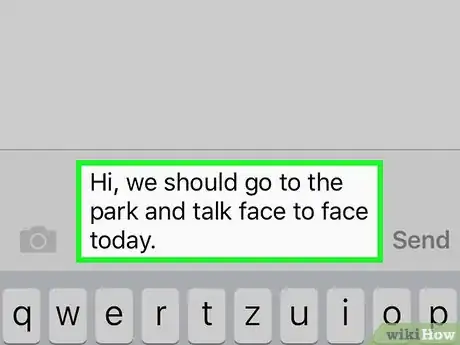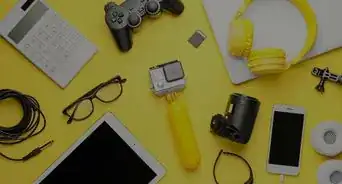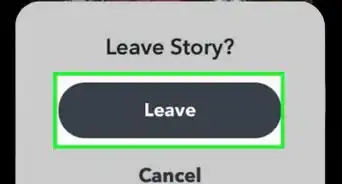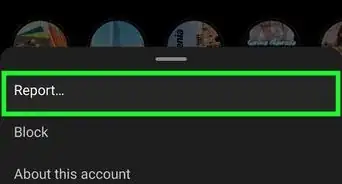This article was co-authored by Annie Lin, MBA. Annie Lin is the founder of New York Life Coaching, a life and career coaching service based in Manhattan. Her holistic approach, combining elements from both Eastern and Western wisdom traditions, has made her a highly sought-after personal coach. Annie’s work has been featured in Elle Magazine, NBC News, New York Magazine, and BBC World News. She holds an MBA degree from Oxford Brookes University. Annie is also the founder of the New York Life Coaching Institute which offers a comprehensive life coach certification program. Learn more: https://newyorklifecoaching.com
There are 10 references cited in this article, which can be found at the bottom of the page.
This article has been viewed 40,916 times.
Social media can be a great way to stay connected with friends and family, and stay up-to-date about what’s happening in the world. On the other hand, excessive social media use can result in low self-esteem, decreased productivity, and even depression. It can even be addictive. If you would like to minimize your social media use, the best strategy is to identify alternative activities for social connection. Reinforce your unplugging by using technology. Then, recognize the benefits of staying off social media.
Steps
Identifying Alternative Ways to Connect
-
1Schedule in-person gatherings with friends and family. Close relationships require a certain degree of emotional connection and intimacy. It’s hard to experience that when you’re mainly communicating through social media messages or status updates. Use your newfound free time to schedule a weekly get-together with the people who are most important to you.[1]
- You can schedule one-on-one visits with family and friend as well as group gatherings. Ask your loved ones what’s been happening in their lives, and truly listen. Laugh and make eye contact. Hug one another when you depart. These aspects of social connection can’t be found online.
-
2Cook and eat dinner with your family. In many families, social media has even taken over the dinner table. Teens sneak their phones into their laps and adults have trouble detaching from their professional networks. Take back your family dinners, and forge deeper bonds with those you love.[2]
- Prepare a meal together as a family, giving everyone a task. Talk as you ready your meal. Then, sit down and eat together. Comment on the taste and quality of the food before you. Have everyone share something interesting about their day.
Advertisement -
3Make cards or write letters to send in the mail. Getting something in the mail is almost a luxury in today’s technology-driven world. Surprise your loved ones with a special card or note to stay connected.
- You might draw a picture (or have your child do so), make up a story or poem, or add your most current pictures to the package. This helps you stay connected without having to depend on social networks.[3]
-
4Try a new club or hobby. If you’re a student, take advantage of your social media-free life to get involved in different extracurricular activities. If you’re an adult, consider joining a professional organization to build your network, or an interest-based group to pursue a hobby.
- Getting involved in a local organization is a great way to connect with new people and enhance your personal skills. For instance, you might become a volunteer with Habitat for Humanity or sign up to join a local Toastmasters chapter.
- Try to engage in hobbies that are not internet related, such as a camping trip with friends, playing a board game, or learning a new musical instrument.
Limiting Your Use with Technology
-
1Deactivate your account. If you really want to commit to staying off social media, it’s best to remove your profile from the network. Don’t worry, if you change your mind, this decision can usually be reversed. But, for the time being, it’s a good practice to prevent you from getting pulled back in.[4]
-
2Delete the application. The majority of social media use comes from mobile devices like phones and tablets. As an extra measure, uninstall your social media apps from your devices. Because with many platforms, it’s quite easy to log back in and reactivate your account, completely removing the app is the safest bet.[5]
- That way, if you’re tempted to reactivate your account, you’ll have several steps in place before you can successfully do so. Hopefully, you’ll recover your sense of resolve to stay off.
-
3Download an app that monitors your computer and phone use. As a final safeguard to stay off social media, look into an application for either your computer or smartphone that blocks other applications. Such apps are ideal for social media detoxes. You can completely block your access to a certain app or website, or you can limit access for a period of time.
- Great options include SelfControl and Freedom.[6]
-
4Unplug from social media for one week. Taking a break from social media for one week can show you how much time you spend on this part of your life. You’ll likely find yourself having more free time and more meaningful interactions with others. If the week goes well, do another trial period of two weeks, gradually extending your time away from social media.
Recognizing the Perks of Unplugging
-
1Be mindful. When you’re always tuned in to others’ news updates, thoughts, and feelings, you can get really disconnected from your own. One of the greatest benefits of logging off your social media accounts is better attention to the present moment.[7]
- For instance, when most people wait in line or eat alone, they browse their social media feeds. When you don’t have that to fall back on, you are more aware of the surrounding environment as well as your own internal experience.
- Social media can distract you from being bored, and unplugging may be stressful. Instead, use time away from social media to notice any uncomfortable feelings so you can address them head on.
-
2Recognize the impact of deeper, in-person connections. Social media removes the need to connect with people on a face-to-face basis. Coupled with texting, many young people don’t have much of an incentive to hang out with friends in real life. When you unplug from social media, you might notice yourself engaging in deeper conversations with those around you, and enjoying it.[8]
-
3Notice an improved mood and sleep. Being plugged in to social media around the clock limits you from being able to do mood-boosting activities like exercising, going outside, or getting adequate rest. Plus, you may develop negative feelings from comparing yourself to others’ highlight reels. When you log off, you might notice a lift in your mood and better sleep.[9]
- Looking at devices with blue lights such as smartphones, computers, and tablets before bed threatens your sleep quality. By shutting down at least an hour before bed, you will enjoy more restful sleep.
-
4Enjoy greater time-management and productivity. Social media is a major time-suck. You might commit to logging on for just 10 minutes, and, before you know it, an entire hour has elapsed. Staying off social media helps you use your time for more productive pursuits such as getting work done or completing chores.[10]
- For example, once you quit social media, you might notice yourself getting your work done more efficiently and having more time to do the things you enjoy.
Expert Q&A
-
QuestionWhen do I know it's time to take a break from social media?
 Annie Lin, MBAAnnie Lin is the founder of New York Life Coaching, a life and career coaching service based in Manhattan. Her holistic approach, combining elements from both Eastern and Western wisdom traditions, has made her a highly sought-after personal coach. Annie’s work has been featured in Elle Magazine, NBC News, New York Magazine, and BBC World News. She holds an MBA degree from Oxford Brookes University. Annie is also the founder of the New York Life Coaching Institute which offers a comprehensive life coach certification program. Learn more: https://newyorklifecoaching.com
Annie Lin, MBAAnnie Lin is the founder of New York Life Coaching, a life and career coaching service based in Manhattan. Her holistic approach, combining elements from both Eastern and Western wisdom traditions, has made her a highly sought-after personal coach. Annie’s work has been featured in Elle Magazine, NBC News, New York Magazine, and BBC World News. She holds an MBA degree from Oxford Brookes University. Annie is also the founder of the New York Life Coaching Institute which offers a comprehensive life coach certification program. Learn more: https://newyorklifecoaching.com
Life & Career Coach If you feel depleted and lethargic after using social media, or you feel envious and anxious that you’re not where you should be in life, it's probably time to take an extended break.
If you feel depleted and lethargic after using social media, or you feel envious and anxious that you’re not where you should be in life, it's probably time to take an extended break.
References
- ↑ https://www.psychologytoday.com/blog/the-athletes-way/201601/maintaining-close-friendships-requires-face-face-contact
- ↑ https://www.healthychildren.org/English/family-life/family-dynamics/Pages/Mealtime-as-Family-Time.aspx
- ↑ https://www.brit.co/keep-in-touch-with-your-bestie-via-snail-mail/
- ↑ http://www.pcmag.com/article2/0,2817,2475453,00.asp
- ↑ http://www.pewresearch.org/fact-tank/2015/04/01/6-facts-about-americans-and-their-smartphones/
- ↑ http://www.npr.org/sections/alltechconsidered/2013/07/23/204848805/distractions-in-the-digital-age-call-for-apps-to-block-sites
- ↑ https://www.psychologytoday.com/blog/positively-media/201607/the-pressures-social-media-should-i-disconnect
- ↑ https://www.theguardian.com/media/2016/sep/21/does-quitting-social-media-make-you-happier-yes-say-young-people-doing-it
- ↑ http://www.care2.com/greenliving/7-unexpected-benefits-of-unplugging-from-technology.html
